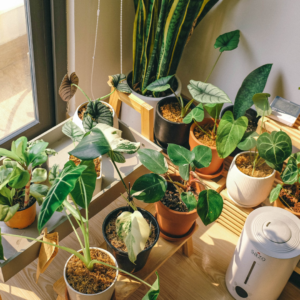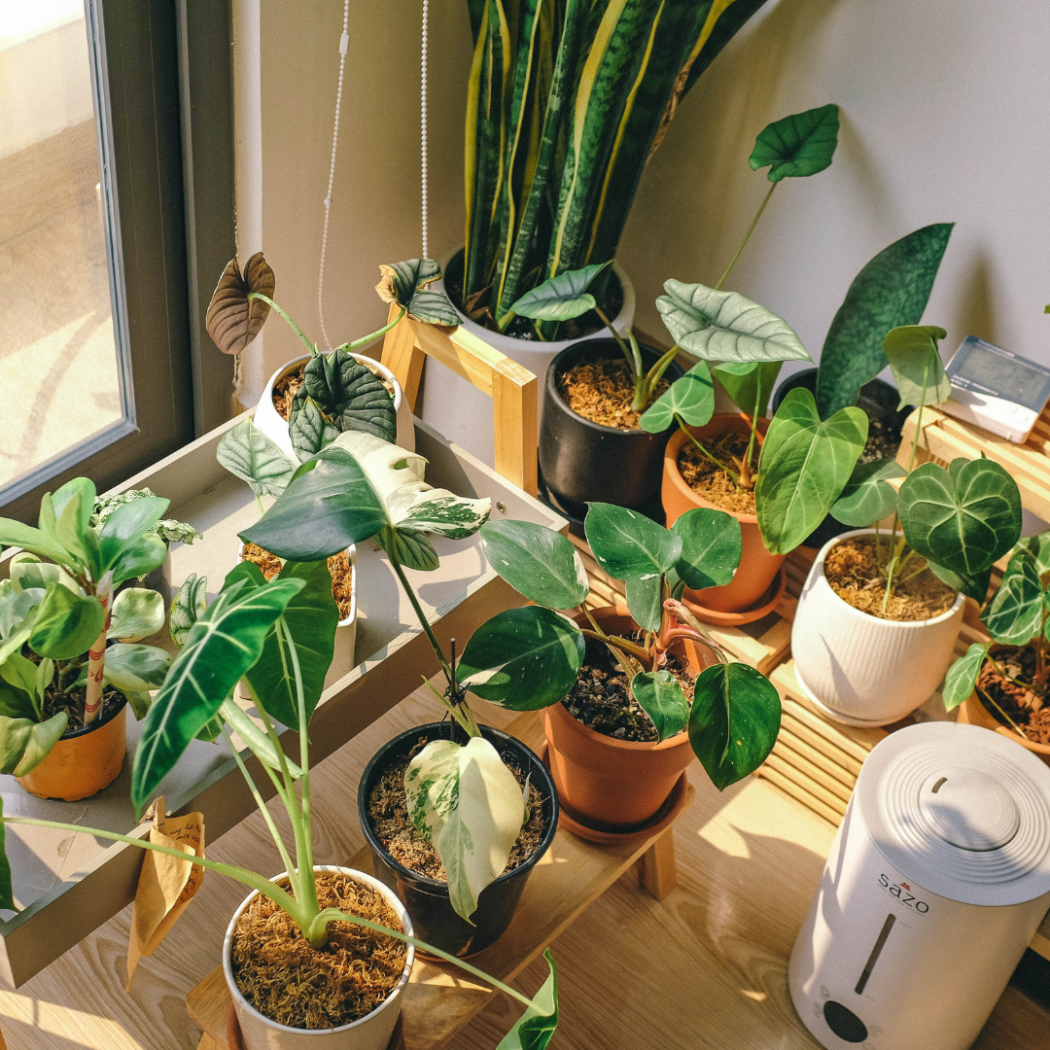 For many first-generation Latinx women, leaving home is an act of rebellion. It is the beginning of separating from the nest, an act that can often leave family members and loved ones feeling betrayed or even abandoned. For many Latinx women, especially those with family lineages that are newer to the United States, we are often placed in-between a culture that appreciates collectivism and familismo and one that aims for independence.
For many first-generation Latinx women, leaving home is an act of rebellion. It is the beginning of separating from the nest, an act that can often leave family members and loved ones feeling betrayed or even abandoned. For many Latinx women, especially those with family lineages that are newer to the United States, we are often placed in-between a culture that appreciates collectivism and familismo and one that aims for independence.
Familismo is a Latinx value used to explain how our culture often puts a lot of importance in the family unit. Specifically, familismo relates to the ways we are to remain loyal to family, and how much we depend on the family system. Many decisions are to be explored within the confines of family. This also means that for many Latinx women you do not leave your home until you are prepared to have your own family. While we can discuss the ways in which this idea could perplex some folks from more individual and independent types of family units, it is a strength that allows for many Latinx family units to exist, survive and thrive. In fact, there is a lot of research that shows the importance of having these cultural connections with family and how they are indeed protective factors in the lives of many.
While those things are truths, it is valuable to process how the cultural messaging received from both our home cultures and that of the rest of the systems encountered in the world specifically through the lens of American cultures can be at odds with each other. And yet, for many first-generation Latinx women, leaving home whether married or unmarried could provide moments of strife and struggle.
For some, leaving your home and separating from family is something that often comes out of necessity, out of a choice to seek an education or job placement, even out of a desire to become independent from family. For others, leaving home comes at a time to create your own family system, or because family life has transitioned itself and you now caretake for your parents or siblings.
I was an untraditional undergraduate student, who decided to stay at home while attending school. It wasn’t ideal but it helped me save a lot of money and at the same time did not expose me to having the experiences that traditional college students might have had regarding their development into adults. The truth is, that I probably would not have left my mother’s home had I not be catapulted into the time and place where I needed to choose myself.
Years later, after graduate school, and living with a partner I have again been catapulted into living alone. As I reflected earlier and meditated on my ancestors and how they did not have the same freedoms and experiences I have had, I realize how healing my time alone has been. How time alone itself is a privilege.
When I first decided to move the circumstances were uncomfortable, but with the help of friends and my therapist, I imagined all that living alone could do for me. All the ways that the sacrifice of making a physical space home and creating the energy needed to ground myself to a space in time could benefit me. I felt that I was beginning to understand the freedom that came with parenting myself and navigating adulthood through the marker of living alone. Months later, COVID-19 hit, I have been managing my first social work job post-graduate school and navigating an ever-changing landscape of the world. And it has been so difficult, incredibly challenging, and at times incredibly isolating.
At the same time, living alone as a Latina has meant that I get to pick what food I cook that reminds me of home, it meant learning how to make my own sofrito, and navigating making errors in my mother’s recipe of foods that I love. It meant creating structure in my life and manifesting dreams.
It meant allowing myself permission to care for things, including my 50 plant babies that currently reside in my living room. Living alone meant making peace with my ugly side and learning that I indeed make mistakes and errors and disappoint the hell out of my loved ones. I also learned about the sheer ambition and drive that exists within me, the ways in which the silence has allowed for the continuous healing of my heart space.
I have learned about limits and boundaries and not having to move so quickly. Living alone and sitting in quiet during this global pandemic and needed civil unrest, has taught me more about my ancestors and the brilliance of black and indigenous people in this world. It has allowed for healing that possibly could not have happened in the same way had I still been at home.
Now don’t get me wrong, living alone wasn’t palatable, or encouraged growing up and certainly, it hasn’t been all sunshine and sunflowers but my goddess has it been healing. Living alone is about rebellion, and it is about choosing myself. It is also about enjoying my own company and realizing the importance of pouring into my own cup instead of running in the direction of fixing and problem solving for others. It also gives way to a larger and more complex truth about housing, gentrification, and social isolation in our day in age.
Here are some ways you can navigate living alone especially during COVID-19:
- Create some structure in your day, this can aid in providing a grounding force in your daily activities.
- Reach out to friends, family, or loved ones who can support you during this time.
- Try to get some sun, and movement going especially as the weather changes and we get less sunlight during the day.
- Learn how to cook a new meal, or recreate one of your favorite childhood meals (reparenting).
- Begin therapy, or pick it back up (if accessible).
- Learn how to budget; I downloaded a budget sheet I found for free and use that. Spending time with your money is important.
- Set boundaries and reinforce them as you navigate living alone, this could be with friends, family, or lovers.
- Treat your space like an altar, it is an extension of your energy, pour into it as you would pour into others.
Stephany Mejia is a first generation child of immigrants, her New York City roots and passion for equity and justice are inspired by her early life experiences. She is a social worker, DJ, yoga teacher and plant parent. She’s also a Women AdvaNCe board member.


There are no comments
Add yours